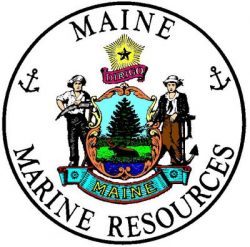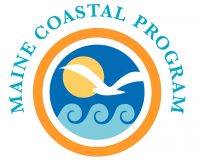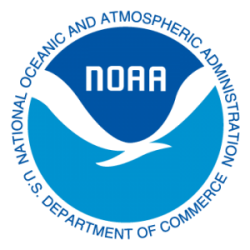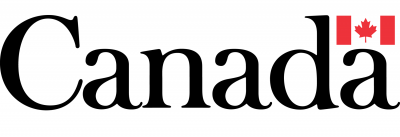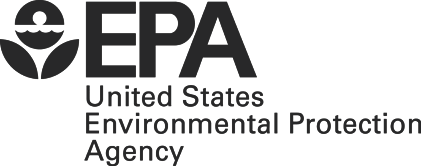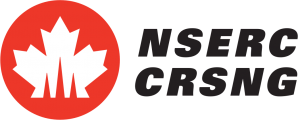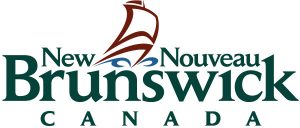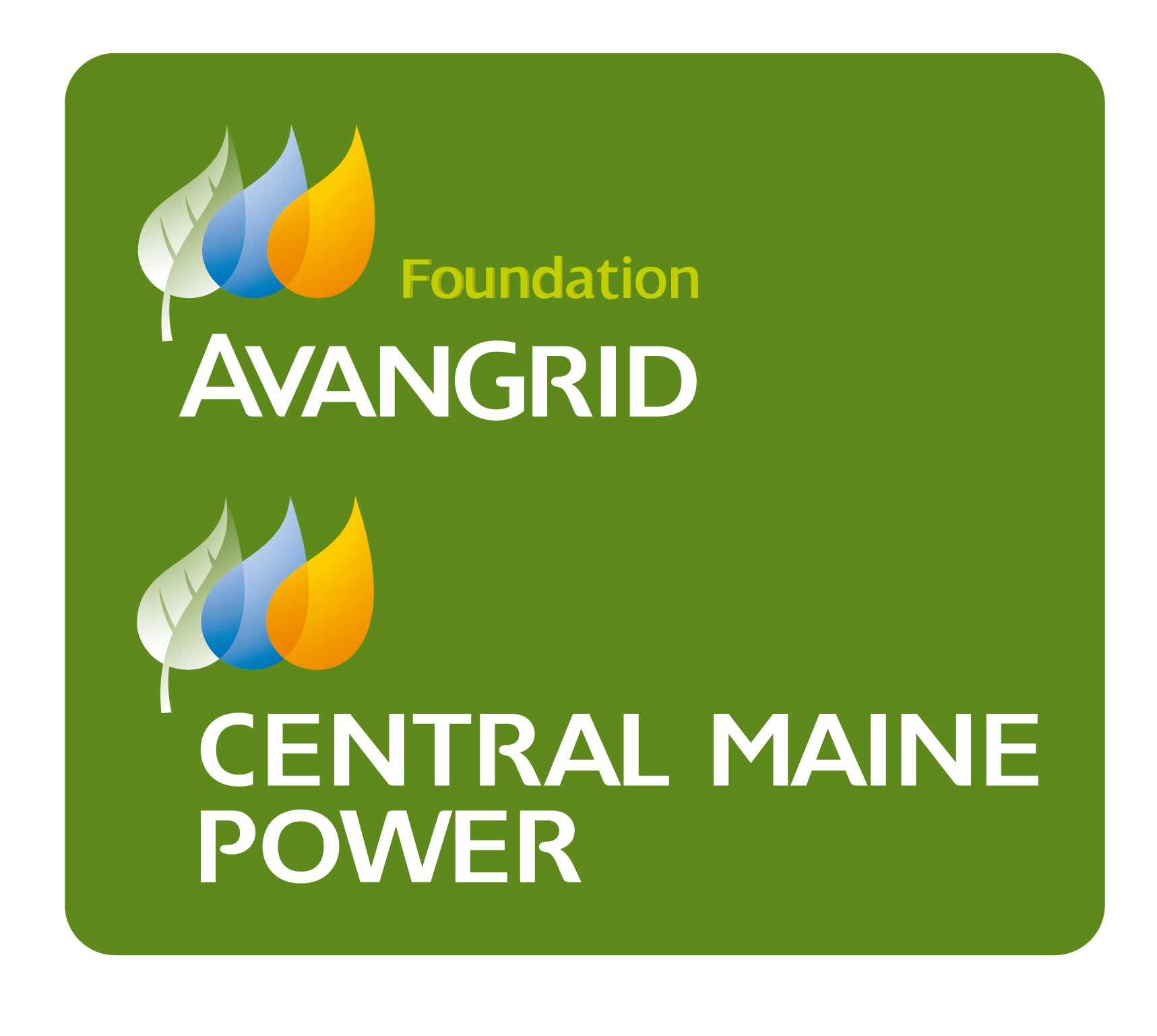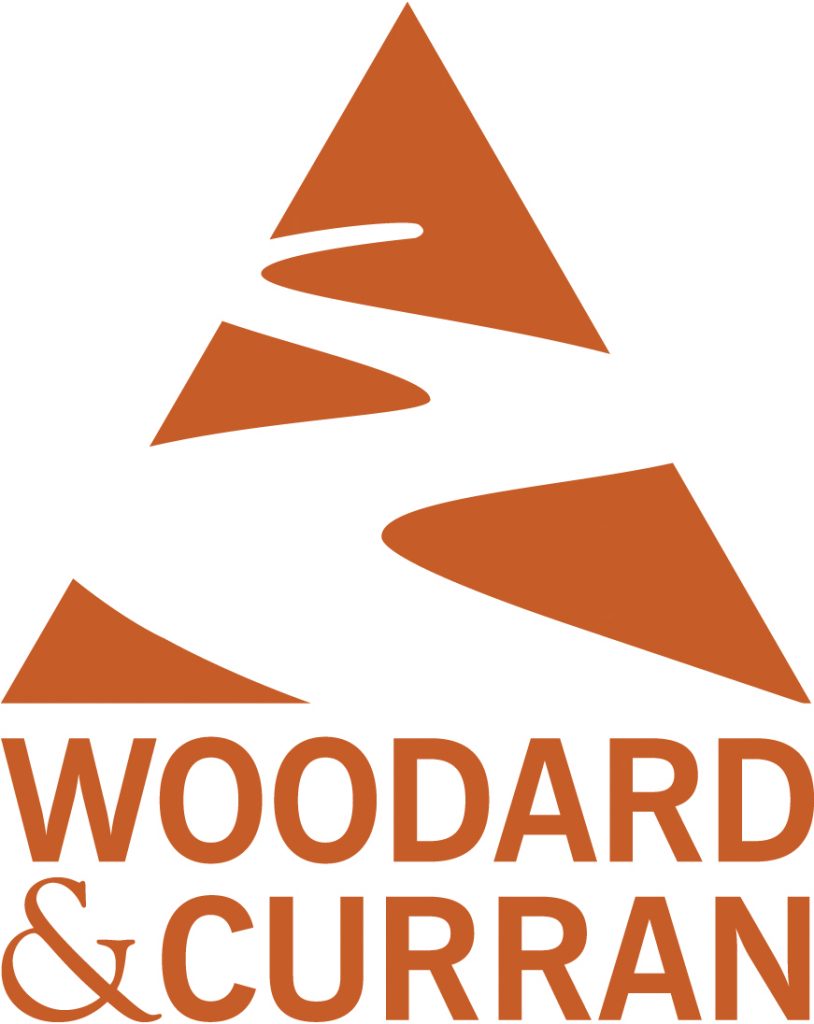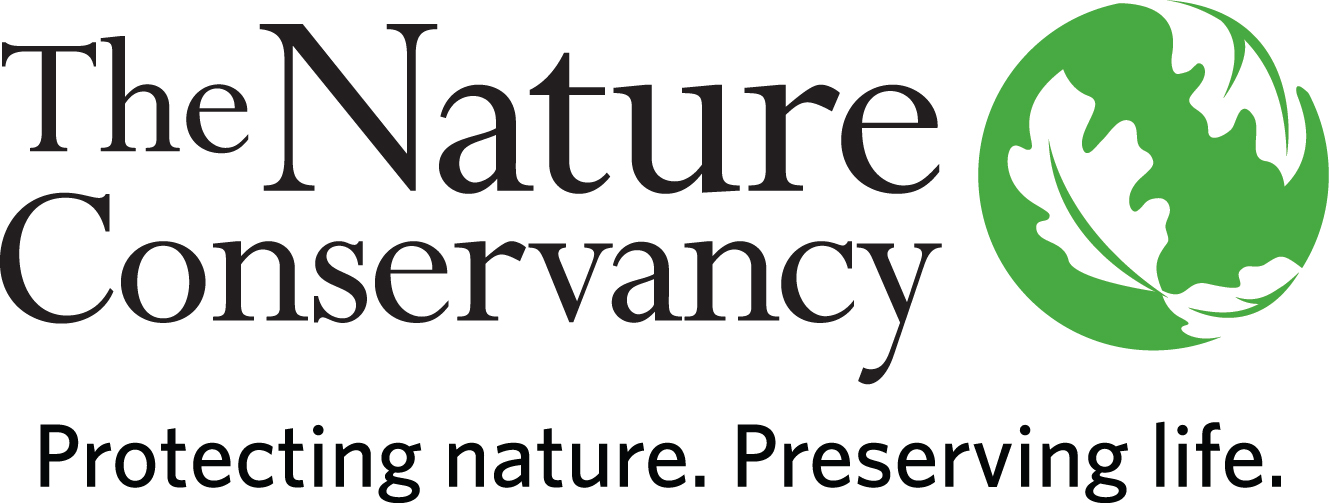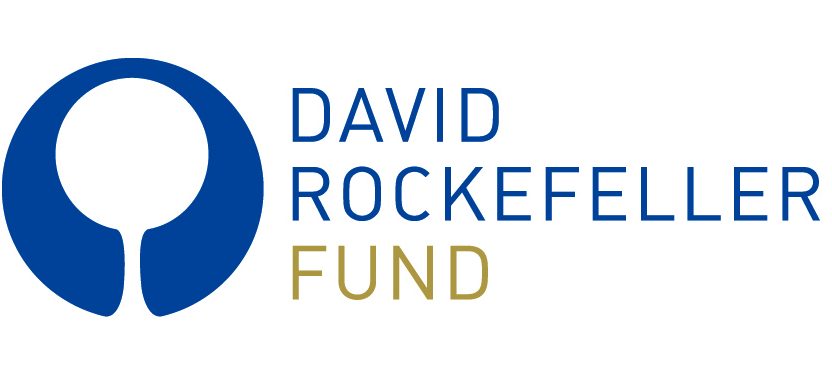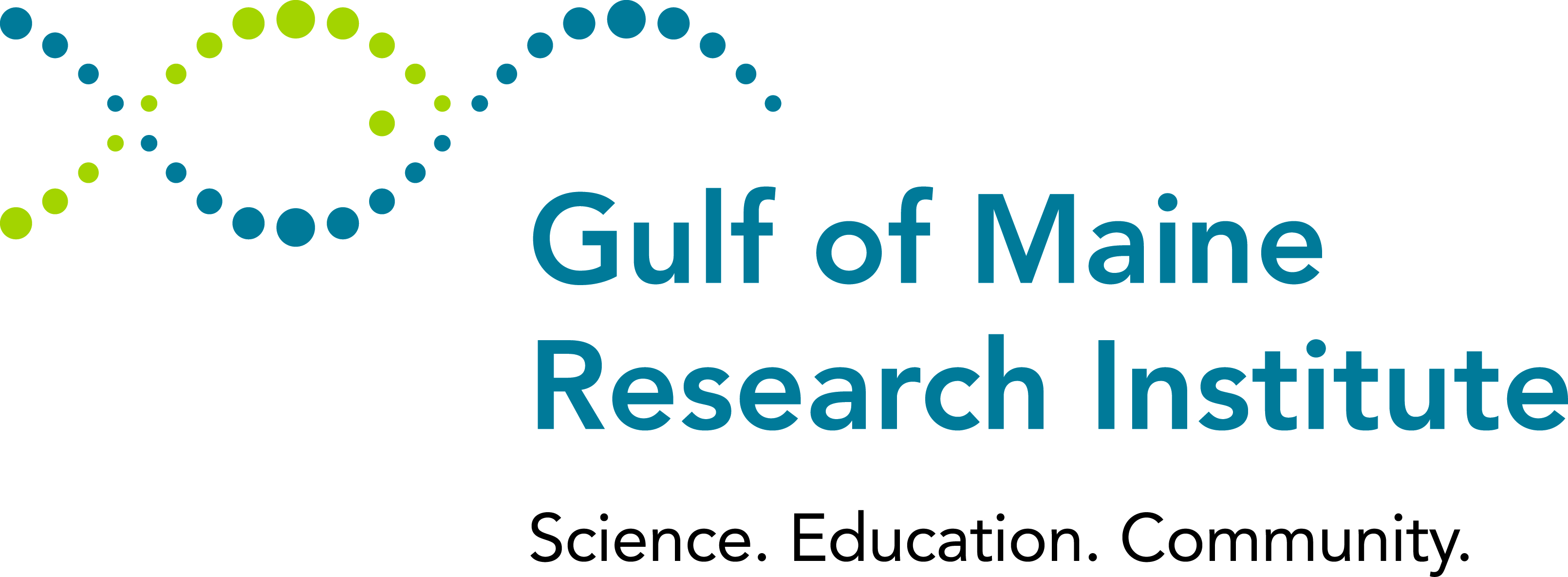Collaborative Action Grants
Collaborative Action Grants
As part of Gulf of Maine 2050, we invited applications for Collaborative Action Grants during the symposium and announced winners during the final proceedings on November 8, 2019. The goal of these Collaborative Action Grants was to provide seed funding for participants to begin work on high priority needs that percolated up during Symposium conversations. These grants were developed to spark new collaborations among organizations and individuals that crossed disciplines, sectors, and / or geographies.
Congratulations!
We are pleased to announce that grants of $9,000 each were awarded on November 8, 2019 to fund the following new initiatives.
Nantucket Conservation Foundation, Inc. will bring representatives from throughout the Gulf of Maine to a training in Quebec to learn about how to use blue carbon credits to enable salt marsh restoration. This new initiative will promote the use of salt marsh soils, which are a highly effective carbon sink, as a natural climate solution for the Gulf of Maine.
NERACOOS will create a pilot annual climate change report for the Gulf of Maine region to keep folks focused on the progression of drivers of change and critical events. This new tool will aggregate and synthesize physical, chemical, and biological data into a prototype annual report to increase understanding of changes in the Gulf of Maine.
Eastern Charlotte Waterways Inc. will bring research, academic, fishers, indigenous and other stakeholders together to address the impact of multiple climate stressors on the soft-shell clam industry in coastal Maine and southwestern New Brunswick. This effort will expand monitoring and transfer protocols developed by the Downeast Institute across international boundaries in an effort to increase resilience of this crucial fishery.
Our Wicked Fish will host a two-day workshop that brings researchers together to collaborate and share data and results about how the impacts of climate change are affecting the seafood industry. This innovative approach will help develop a path forward for future research efforts while avoiding “survey exhaustion” among industry professionals.
Congratulations to the lead organizations and numerous partners from Canada and the United States who will be working together to implement these important projects. Depending upon available resources, Gulf of Maine 2050 may award additional grants selected from applications received during the symposium over the next few weeks. Questions about the program may be directed to Jill Harlow from the Gulf of Maine Research Institute at jill@gmri.org.

